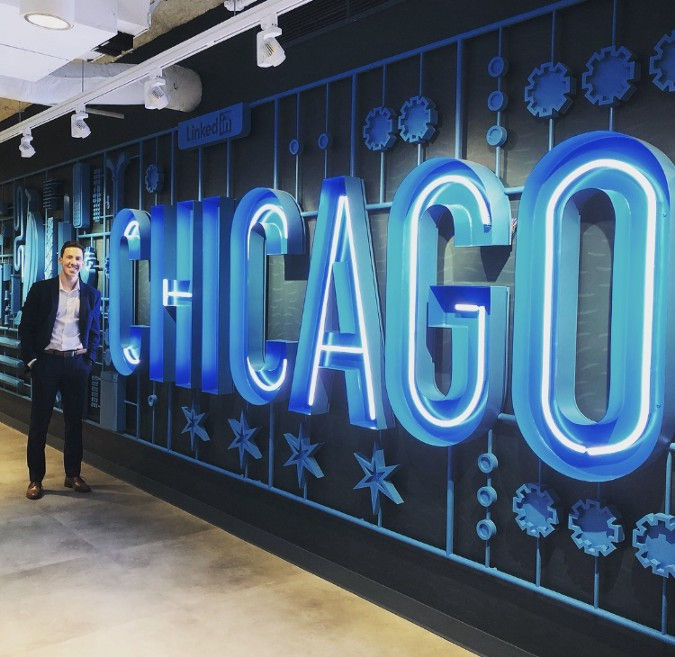How to Boost Millennial Employees’ Performance
- Nine To Five
- Dec 16, 2018
- 3 min read

Is anyone else tired of hearing about how hard it is to keep Millennials happy in the workplace?
“These Millennials have no company loyalty anymore.”
“Why would we invest so much into an employee just to see them jump at the first chance they get to make more money somewhere else?”
‘The grass is always greener’ still rings true in the workplace. Except, I’d alter the phrase for Millennial workers to ‘The grass is greener, and closer than ever before’. The truth is, Millennials (and all employees, for that matter) have access like never before. Employees are able to see their worth. They are able to network in brand new ways. Additionally, companies are able to recruit differently than in the past. Companies must be willing to focus more attention on talent retention in order to keep their younger workforce engaged. Without a clear talent retention strategy in place, companies will quickly see their top performers leave for greener (literally and figuratively) pastures. Here are some keys to keep Millennials engaged and inspired:
Make them understand the “why”. Leadership must be able to explain the “why” behind projects, tasks, and responsibilities. Why is this project important? How will their performance effect the outcome? Why should they care? Without a “why”, Millennials will likely have little desire to perform their responsibilities at optimum performance.
Show them the path for growth. As I’ve stated in previously blogs, growth is not necessarily directly tied to new titles or compensation. There is a big difference between telling someone about their potential growth versus showing them their path for growth. Eventually, employees will leave if they are consistently told about their growth opportunities, yet never shown any actions. According to Forbes, Millennials know that staying at the same employer for over two years, on average, can cost them 50% or more in lifetime earnings. What does this mean for leadership? You must be willing to create clear career paths with timelines, road-maps, and achievable steps to keep employees engaged and motivated. This will give employees incentive to stay and clear timelines for growth.
Offer development opportunities. We must remember that not every employee turnover is driven purely by compensation. In fact, the majority are not. Managers must offer continuous developmental opportunities. Those employees that are performing at a high level, yet have tasks that are very repetitive with no outside opportunity to grow their skillset, will quickly jump ship. Sending an employee to a conference, seminar, leadership training, etc. could offer up the continuing development needed to keep that employee engaged. Don’t be afraid they will leave if you give them the chance to grow their skills. Be afraid they will leave if you DON’T give them the opportunity to grow.
Don’t reward purely based on tenure. According to Deloitte, 87% of company recognition programs are focused on tenure. Yet, tenure based programs have shown little to no impact on organizational performance. Without diving too deep into the HR history, tenured rewards programs were primarily created at the turn of the century for labor unions to serve as “service awards” but have stuck around while creating very little value in the current workplace. Furthermore, only 58% of employees even know these tenure reward programs exist within the company in the first place. So, if they do little to nothing to drive employee performance and only close to half the employee population knows about the program, why would an organization bother to continue driving it?
According to Aon Hewitt, 25% of employers find their current recognition programs ineffective for Millennial workers. However, closer to 40% of Millennials feel their recognition programs are ineffective. This shows that while the employers may feel their programs are effective, Millennials are telling a different story.
So, if this doesn’t incentivize Millennial employees, what does?
A reward for exceeding personal performance levels.Receiving a promotion.
A reward for exceeding team performance levels (Blackhawk Engagement Solutions’ Employee Research).
I find it surprising that receiving a promotion is second behind exceeding personal performance levels. This shows that if companies did a better job at reward individual performance, their retention, engagement, and organizational performance would increase.
Prior to our next blog, I challenge you to think about the following question: “Aside from money, what would you want as your ‘reward’ for exceeding personal performance?”
In our next blog, we will tackle what those employee rewards can look like.



Comments